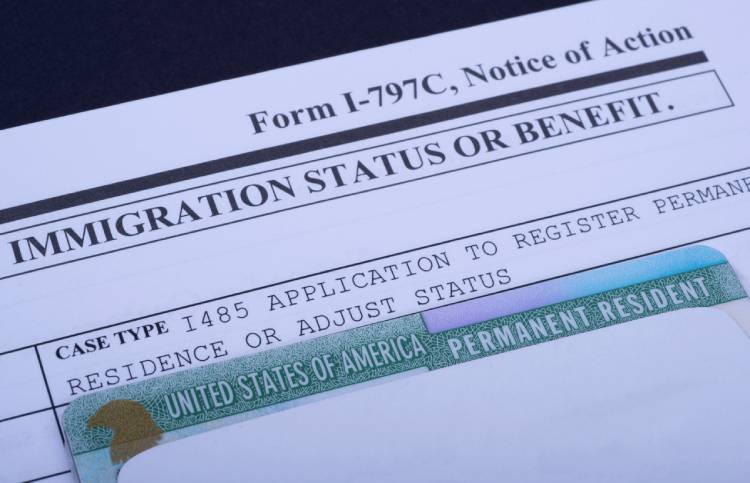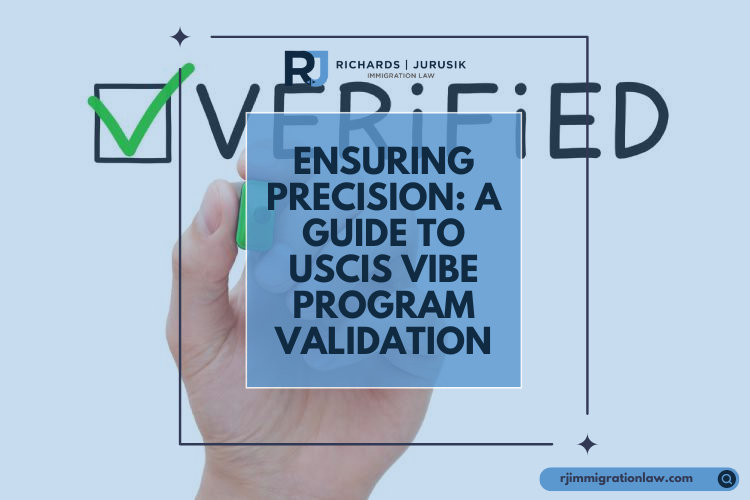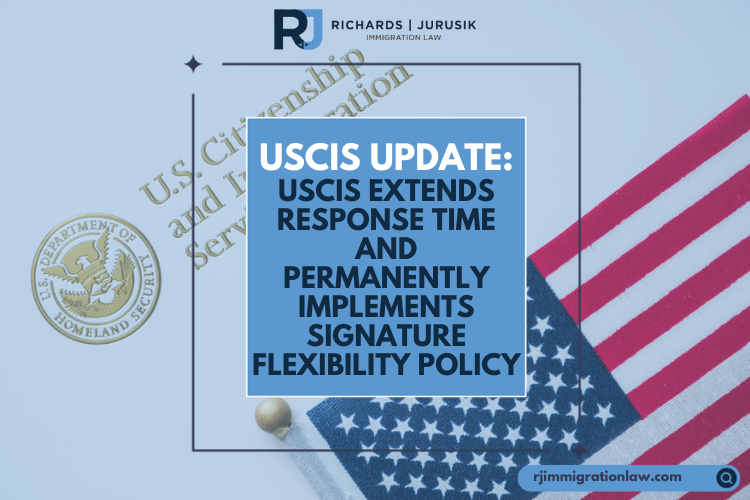As a nonimmigrant visa holder earning income in the United States, you must file an income tax return with the Internal Revenue Service (IRS) annually. This encompasses all forms of worldwide income, including, but not limited to, wages, salaries, tips, and other taxable compensations. This article provides a basic overview of potential tax obligations.
Key Requirements:
- Taxpayer Identification Number (TIN): This is essential for filing taxes, and it could be a Social Security Number (SSN) or an Individual Taxpayer Identification Number (ITIN).
- Form W-2 and Form 1099: Employers provide Form W-2 to employees, detailing the year’s earnings and withheld taxes. Independent contractors or freelancers receive Form 1099 from their clients.
Understanding FICA Taxes
For employed individuals, a portion of earnings goes towards Social Security and Medicare taxes, known collectively as FICA taxes. These contributions fund the social safety net programs in the U.S.
- Employer’s Role: Employers withhold FICA taxes from paychecks and remit them to the IRS.
- For the Self-Employed: Equivalent responsibilities include self-employment taxes, covering both Social Security and Medicare contributions.
State and Local Taxes: A Closer Look
The obligation doesn’t end at federal taxes. Depending on your residence or work location in the U.S., you may be subject to state and local taxes.
- Variability: Tax rates and regulations differ significantly across states and municipalities.
- Filing Requirements: Many states require separate income tax returns, with forms and deadlines varying by jurisdiction.
The Role of Tax Treaties
Tax treaties between the U.S. and numerous countries can influence your tax liabilities, potentially offering exemptions or reduced rates on specific income types for nonimmigrant visa holders.
- Exemptions and Benefits: Reviewing applicable tax treaty provisions is critical, as it may impact your filing status and taxable income.
Reporting Foreign Assets and Income
Owning foreign assets or earning income abroad introduces additional reporting mandates:
- FBAR (FinCEN Form 114): This form is required if the total value of your foreign financial accounts exceeds $10,000 at any point during the calendar year.
- Form 8938: Mandates the disclosure of foreign financial assets depending on the total asset values and your filing status.
U.S.-Canada and U.S.-Mexico Tax Treaties
Special considerations apply under the tax treaties with Canada and Mexico, designed to prevent double taxation and streamline economic interactions between these nations and the U.S.
- Key Provisions: These treaties encompass various income categories and include dispute resolution and arbitration mechanisms.
Navigating U.S. tax obligations as a nonimmigrant visa holder is intricate. This guide underscores the importance of staying informed about your tax duties—from federal to state levels and the impact of international tax treaties. Consider tax advice from a qualified tax professional.
Subscribe to Our Resources Blog
Schedule a Consultation with an Immigration Lawyer
Citations
We Can Help!
You may have questions regarding U.S. immigration laws and visas. We invite you to contact our team at Richards and Jurusik for detailed guidance and assistance. We aim to provide the most accurate and up-to-date information to make your immigration process smoother and less stressful. The immigration lawyers at Richards and Jurusik have decades of experience helping people to work and live in the United States. Read some of our hundreds of 5-star client reviews! Contact us today to assess your legal situation.







